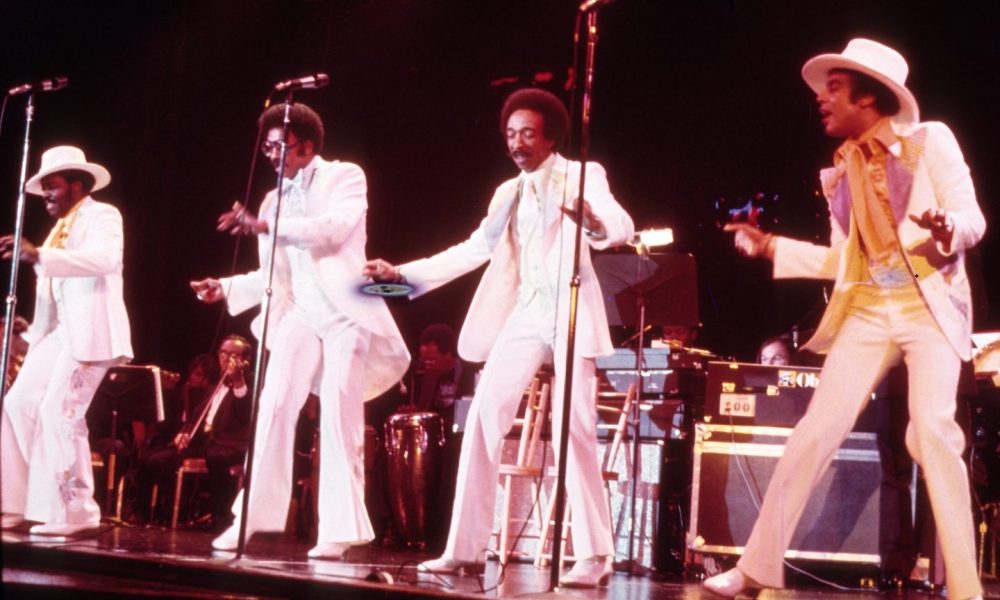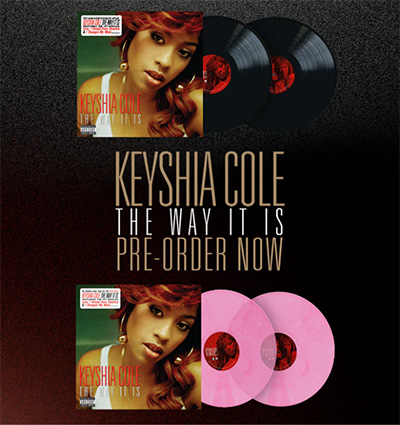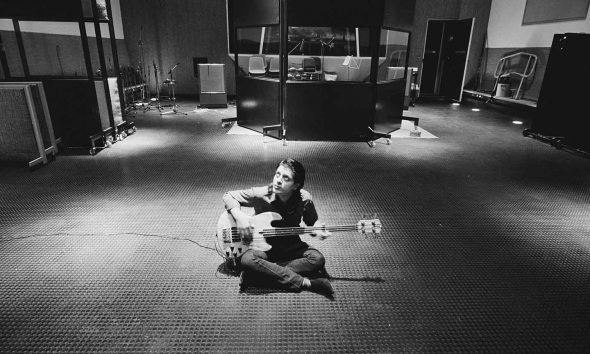Life After Smokey: The Miracles’ No.1 Pop Smash With ‘Love Machine (Part 1)’
Still on Motown, the group were moving to a more streetwise, tougher sound.

It’s sometimes overlooked that Smokey Robinson’s amicable 1972 departure from the Miracles – at the end of a six-month farewell tour and some three years since he had first said he was leaving – did not signal an immediate end to the group’s success.
Smokey’s solo career soon produced a Top 10 R&B hit in the U.S. with “Baby Come Close,” and a No.1 in 1975 with “Baby That’s Backatcha.” But with new lead singer, the Baltimore-born Miracles fan Billy Griffin, the group were not about to take Smokey’s momentous departure lying down.
If their first album back in their original group-only billing, 1973’s Renaissance (executive-produced by Robinson), didn’t produce any major hits, the second, Do It Baby, had the Miracles riding the soul Top 10 with the title track. The same thing happened with the title song of 1975’s Don’t Cha Love It, as the group, still on Motown, moved to a more streetwise, tougher sound.
The Miracles’ second LP of 1975 was City Of Angels, a conceptual song sequence about the Los Angeles star syndrome, produced by Freddie Perren with the group’s own Pete Moore. On Billboard’s Hot Soul Singles chart of October 18, 1975, it offered up the irresistible Griffin/Moore composition that would become their signature of the post-Robinson years, the grinding funk fingersnapper “Love Machine.”
With the disco craze heating up worldwide, the full album version pulsed for nearly seven minutes, with Bobby Rogers growling the “hmmm, yeah” hook and Ronnie White the “yeah baby” payoff, while Griffin nimbly navigated the vocal lead. L.A. session players got suitably funky on guitar and synthesizers as the track danced on, to be divided into two parts on the Tamla single.
Listen to the Best Motown Songs Ever playlist.
“Love Machine Pt.1” worked its way to No.5 R&B but went all the way to No.1 on the Hot 100, only the group’s second such honor after the belated 1970 success of “Tears Of A Clown.” It took nearly five months to do so, taking over the top berth in March 1976 from Rhythm Heritage’s funky TV instrumental “Theme From S.W.A.T.” The machine kept working, too: a 28-week run on the pop chart was the Miracles’ best ever.
A few weeks earlier, “Love Machine” made the U.K. Top 3, behind only ABBA’s “Mamma Mia” and “Forever and Ever” by teen pinups Slik, featuring a young Midge Ure. As it turned out, the Motown act’s shelf life would be over within a couple of years, despite a subsequent deal with Columbia, but for now, the music business still believed in Miracles.
Buy or stream “Love Machine” on the Miracles’ City Of Angels album.












